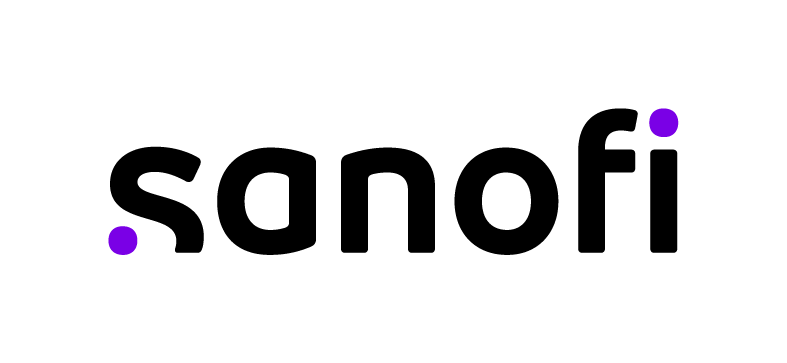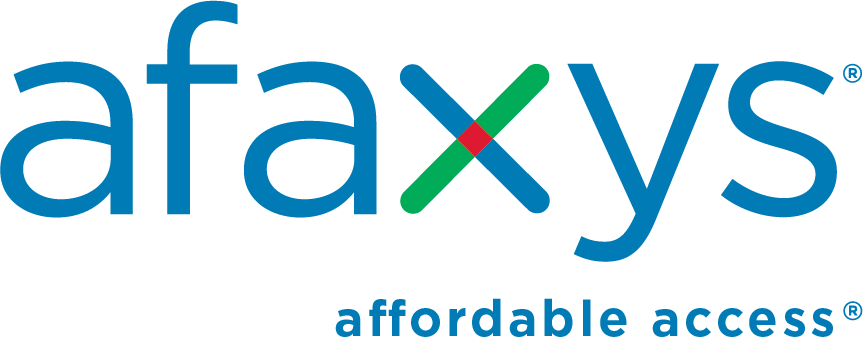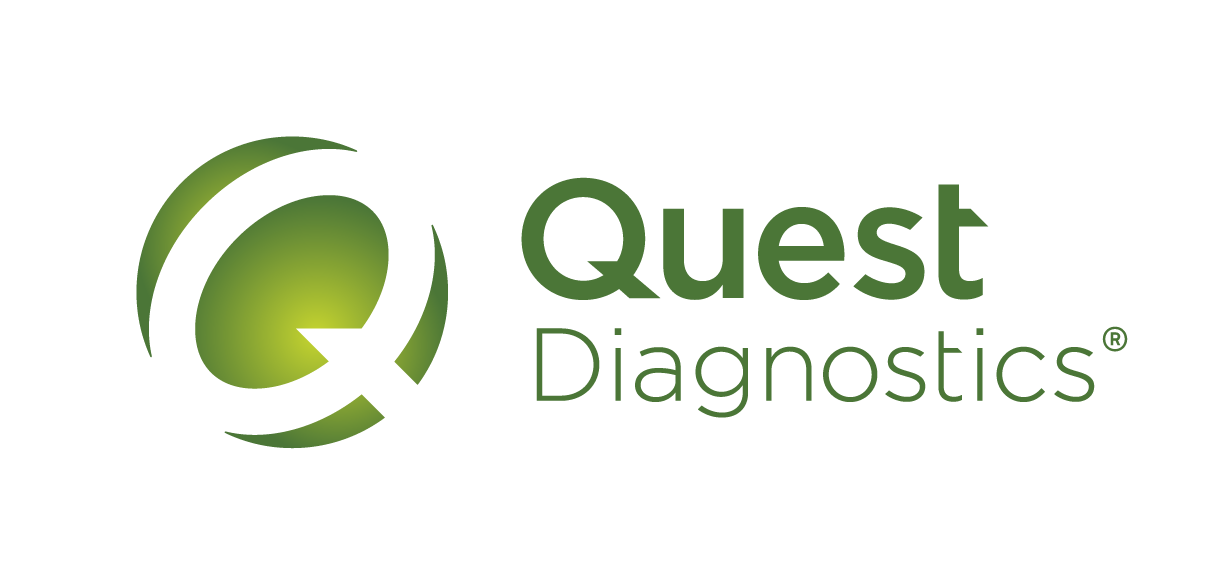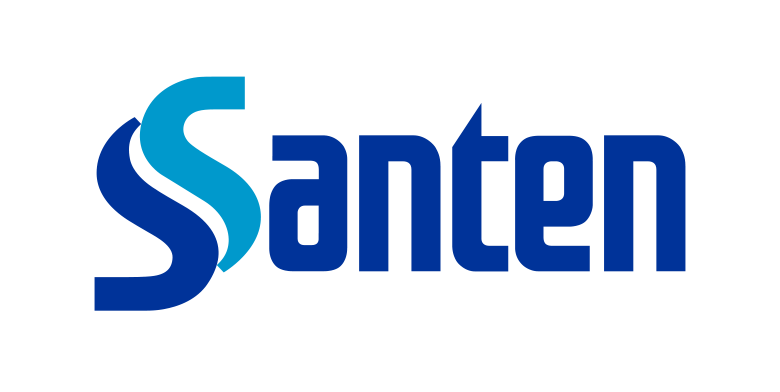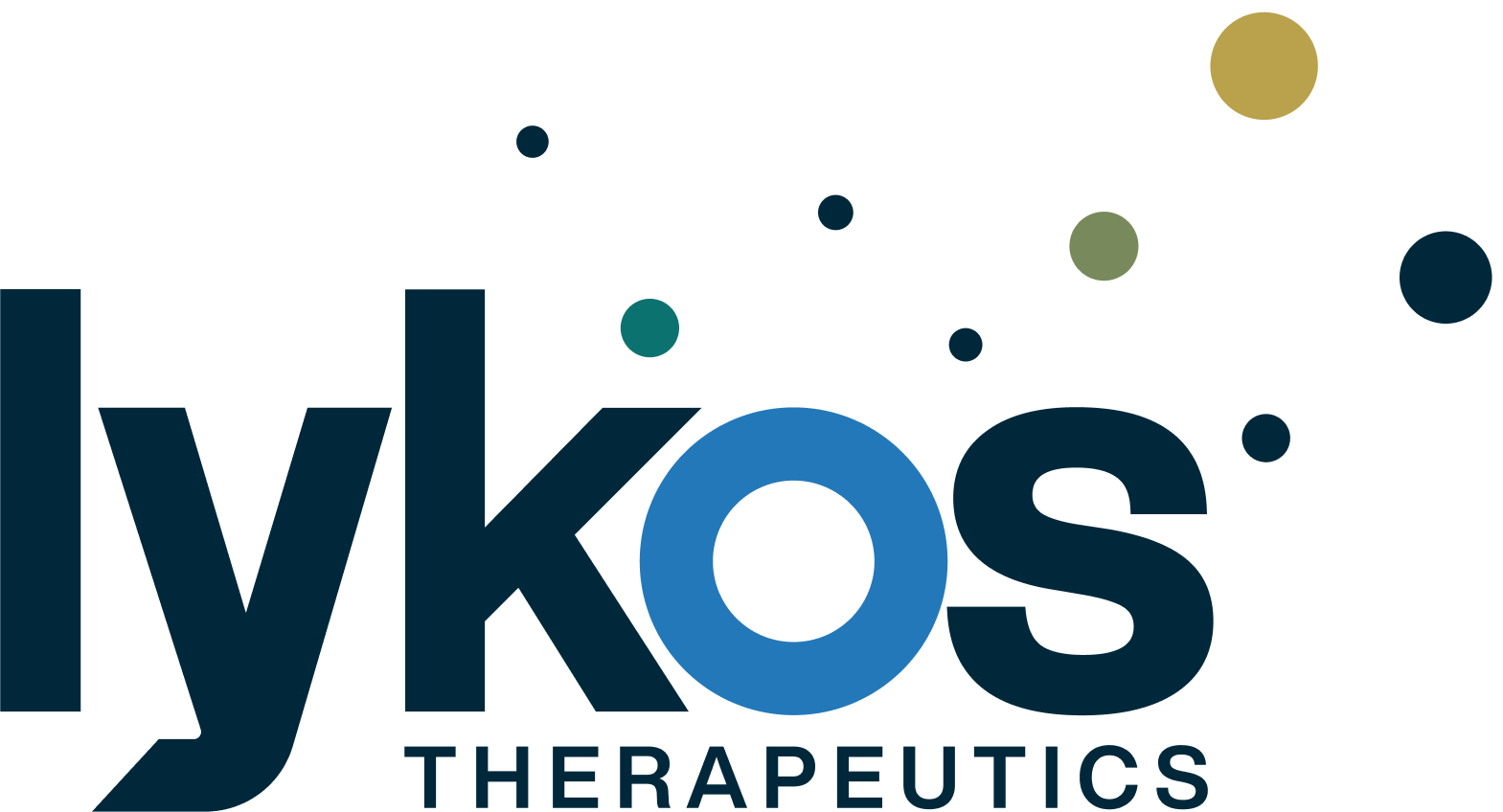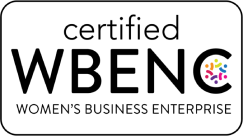by Meghan Dillon, Senior Account Supervisor, Digital
The social media app TikTok has continued to make headlines and our team at Green Room has followed updates closely. Lawmakers and security experts have expressed concern that the Chinese government could lean on TikTok as a pathway to access sensitive data from the 170 million users in the US. This week, the Senate passed a bill that will force parent company ByteDance to sell TikTok, and President Biden signed the bill into law. ByteDance has 270 days (or about nine months) to sell TikTok. If it doesn’t sell, the app will be banned in the US.
So, what happens next? Overall, things are expected to get complicated legally.
TikTok will challenge this bill in court.
Experts expect ByteDance’s case to lean on the First Amendment, by arguing that a forced sale would violate users’ free speech rights. A new owner could change the app’s content policies and ultimately impact what users can share on the platform.
Conversely, the US government will need to show that TikTok dramatically impacts national security concerns.
The buyer pool for TikTok is extremely limited, so a sale may not be realistic.
Analysts estimate that the US portion of TikTok is worth tens of billions of dollars. This price tag would limit potential buyers.
Antitrust laws would likely block tech giants like Meta and Google from an acquisition.
The divestment would be extremely complicated, in part due to parsing out the algorithm and its impact on the US portion of TikTok.
The Chinese government may also try to block the sale. Their export regulations appear to cover TikTok’s content recommendation algorithm, which gives them a say in whether ByteDance could sell or license the most important feature of the app.
Our take? Consumers are increasingly searching for healthcare information on social media platforms like TikTok. Here are three key areas that we must consider as healthcare communicators during this uncertain time for TikTok’s future.
TikTok elevates and unites healthcare communities: As a source of healthcare information, TikTok’s #HealthTok has connected individuals searching for community in the areas of mental health, pediatrics, IBD, dermatology, and aesthetics to name a few. These TikTok communities are extremely active and engaged, and they use the platform to share information and support one another. If the TikTok ban goes through, these communities will likely re-establish on other social platforms. Our team will continue to monitor how these communities engage on TikTok in the coming months and whether they migrate to other video-focused platforms such as Instagram or other emergent platforms.
Healthcare professionals represent the number one profession on TikTok: Healthcare professionals share important content on TikTok to ensure that people find the health information they need on the platforms where they spend the most time. #DocTalk has enabled consumers to find quick answers to their healthcare questions. People searching for health information on social media will need to turn to other platforms like Instagram and YouTube if the ban goes through, but neither impacts the cultural zeitgeist like TikTok does presently.
TikTok’s short-form viral video content makes it particularly useful for disseminating health information: TikTok’s unique platform relies on short-form video content powered by an algorithm that fuels viral trends. This makes the platform particularly useful for educating audiences about a variety of healthcare topics and sustaining the relevancy of a brand. Sharing content and messaging in short-form videos is critical to reach end consumers and remain relevant. During this uncertain period, brands should diversify the platforms they are using for content creation but continue to prioritize short-form video content that can translate to other platforms (such as IG Reels and YT Shorts).
The TikTok ban will evolve over the upcoming months, and our team will continue to monitor the situation closely.





